Word of mouth would eventually see David Harber Ltd. find and approach Excell Metal Spinning Ltd., one of the UK’s leading metal spinning specialists. With over two decades in business, and a combined workforce experience of one hundred and fifty years in the craft, Excell is reputed for their excellence in quality and service.
David Harber set out their criteria; to be able to spin copper which is notoriously soft and difficult to handle and to create custom tooling. Tooling needed to be designed to create the exact profiles required to produce the Florio sculpture.
There were a number of hurdles that needed to be crossed throughout the project. The option of tooling was the first challenge. The option of steel tooling was first discussed, and from experience, we knew the expense this would require. In addition, a steel tool, custom-made to suit the largest of the Florio profiles would be extremely heavy and difficult to handle. The largest hand-spinning lathe we have available would not be able to sustain the weight of the tool at high RPM. This option was immediately ruled out.
We then presented David Harber with the option of wood tooling. Wood tooling is extremely lightweight and much less costly in comparison to steel tooling. It is ideally suited for Aluminium and Copper components in small quantities. The disadvantage of wood tooling is that it doesn’t produce as clean a finish, due to the pressure it undergoes during metal spinning. The profiles would however, be crafted to exact requirements and with our experience look crisp and clean. It would also mean we could turn each wood tool down to size from the largest profile to the smallest which provided additional cost savings.
Material availability also proved difficult. “The material thickness and availability caused sticking points,” said David Harber Ltd., “but we did work around these to achieve the desired results”. Initially, we began using 2mm thick copper sourced from David Harber Ltd. This later proved to be a slight setback. Due to the large depth of the components, the material would thin and warp. Furthermore, it proved difficult to spin to the wooden tool due to how thin the front of the initial funnel was, which measured 113.4mm. The extreme pressure exerted on such a thin area of wood created cracks in the tool. A decision was made to stop due to the health and safety hazards this presented.
Meanwhile, open dialogue and transparency was maintained throughout the process with David Harber. “Even when things weren’t going to plan or specification, it was refreshing that all teams discussed next steps and worked together to achieve a positive outcome,” stated David Harber Ltd. Transparency was crucial to garner understanding of the issues that presented themselves and eventual solutions were made. It was agreed that the thickness of the copper needed to change. “The change in material thickness threw a curve ball as the copper material proved difficult to source. Using a mixture of sheet sizes and different thickness material for the smallest spinning worked well. Positive and regular communication was vital at this stage”.
To overcome the issues with tooling, it was also decided that the profiles would be produced in two halves. The front half (the thinnest of the two halves) would be produced on Aluminium tooling. Taking the same concept as wood, Aluminium tooling could be turned down to size for each Florio profile which provided additional cost savings. The two halves would then be welded and cleaned.
The solutions implemented proved fruitful, and five profiles were eventually metal spun and delivered to David Harber Ltd. in time for their design team to apply the finishing touches.


